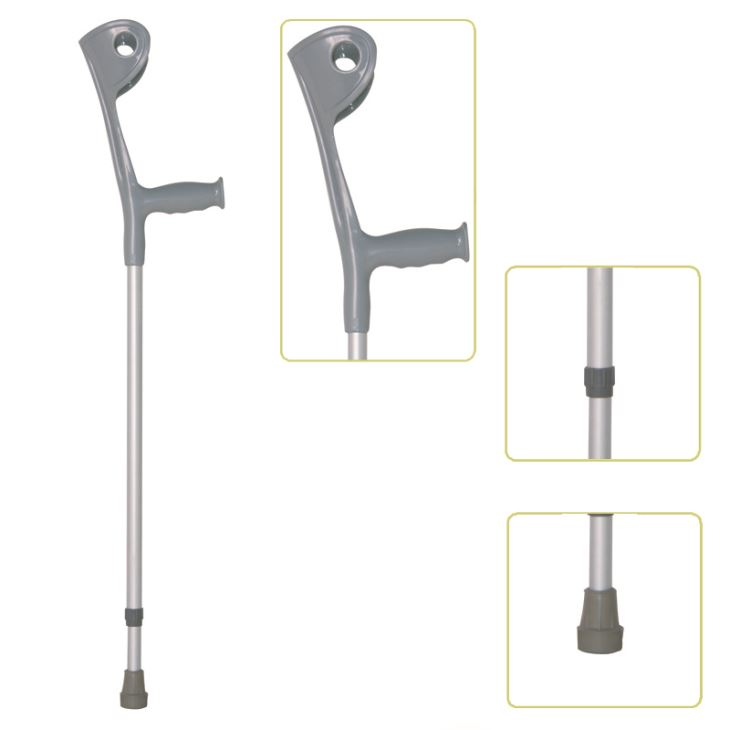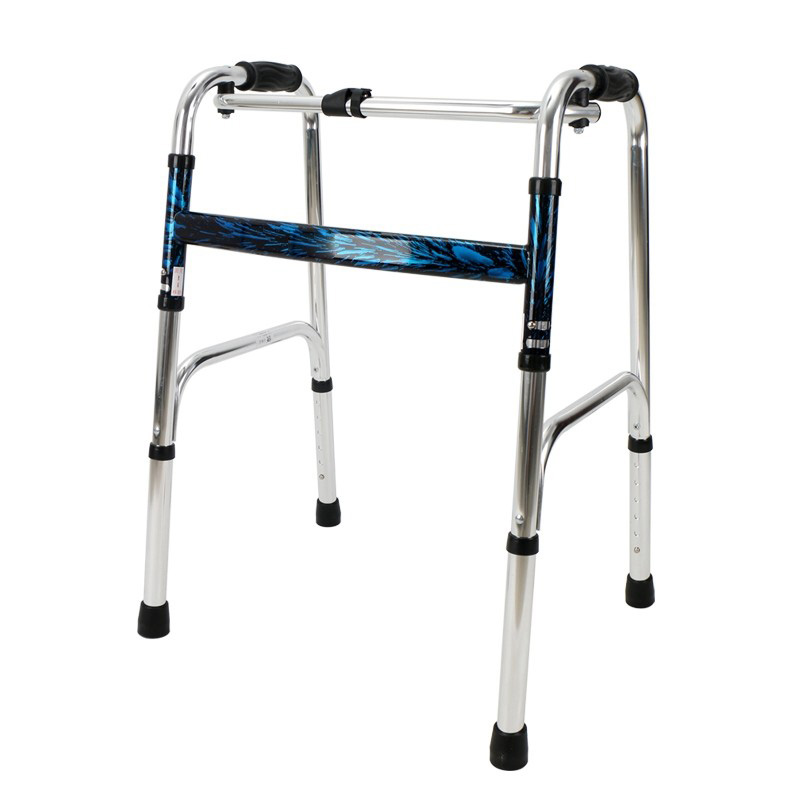When an injury, illness or mobility issue arises, having the right assistive device can make a world of difference for independence and quality of life. Two of the most common options are crutches and walkers, but which one is truly the easier choice? There are pros and cons to consider with each.
Crutches allow you to keep your hands free while providing varying levels of weight-bearing relief for your legs. This promotes more natural movement compared to the shuffling gait required with walkers. Crutches also take up minimal space, an advantage in tight quarters like vehicles or small apartments. However, crutches demand significant upper body strength and can lead to underarm discomfort or chafing over time.
Walkers are generally the more stable and safer option, especially for those with balance or weakness issues in their core and legs. The multiple points of contact with the ground provide a sturdy base of support that greatly reduces fall risk. Walkers with wheels or skis can make them easier to maneuver longer distances as well. But they restrict your hands, can be difficult to transport, and may require more space to navigate indoors.
From a physical capability standpoint, crutches put more strain on your upper body while walkers demand more from your core and legs. Poor stamina or limited arm/grip strength could rule out crutches. While walkers place less upper body demand, you need the leg strength to lift your weight with each step.
Environmental factors like stairs, uneven terrain or lack of ramps can make either crutches or walkers quite challenging to use. Indoor spaces with lots of obstacles may be easier with crutches’ smaller profile. But walkers could be preferable if you have mostly open, flat areas.
There’s also the matter of personal ability, coordination and simply getting accustomed to using the devices properly. An occupational therapist can assess your needs and provide guidance. Often, using a combination of crutches and walkers for different circumstances is ideal.
In the end, there is no definitive easier choice between crutches and walkers. It comes down to your unique physical abilities, limitations, and accommodating your specific lifestyle needs. Prioritize safety first, take things slowly, and don’t be afraid to ask for assistance when required.
Post time: Mar-06-2024







